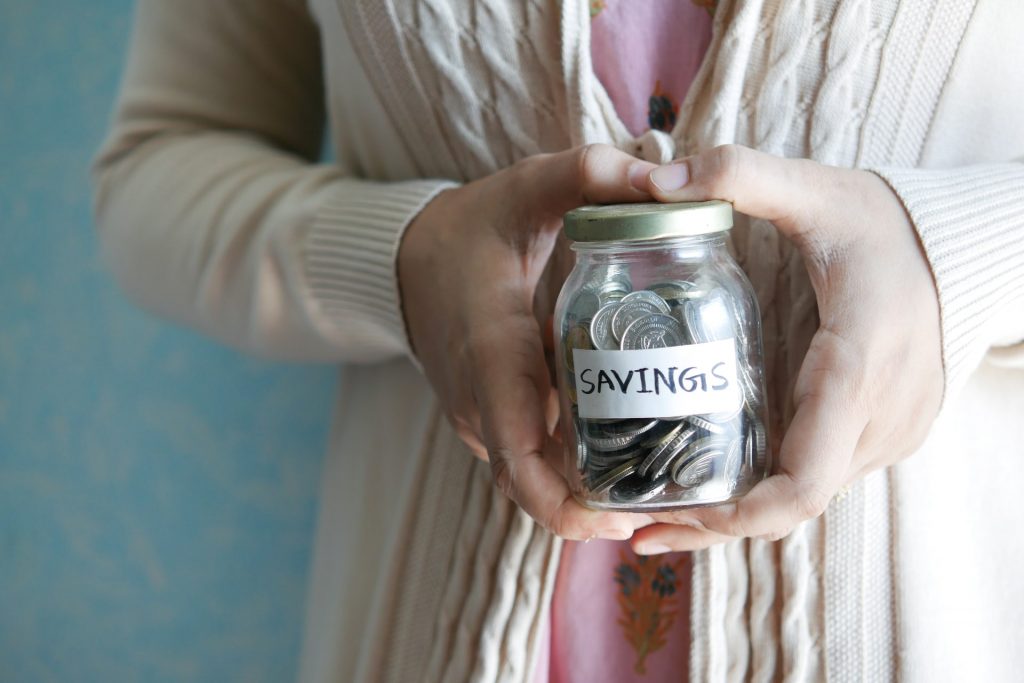Superannuation changes

If you’re a freelance artist that makes their income from different gigs, or are an employer that pays artists on an individual basis and aren’t sure how that affects your superannuation obligations, you should be aware of the new changes to eligibility for the super guarantee.
What is superannuation?
Superannuation is a regular payment made into a fund towards a future pension at retirement. In Australia, superannuation is compulsory for all people working and residing in Australia. Employers must currently pay at least 10% of an employee’s ordinary time earnings, on top of standard wages or salaries.
What’s changing?
From 1 July 2022, the $450 per month threshold for super guarantee eligibility will be removed, as part of changes brought by the Australian Government in the 2021-22 federal Budget. These changes have come into effect as part of the Treasury Laws Amendment (Enhancing Superannuation Outcomes For Australians and Helping Australian Businesses Invest) Act 2021. This means that employers will be required to make super guarantee contributions to their eligible employees’ super funds, regardless of how much the employee is paid. The current laws only require employers to pay a super guarantee if they pay an employee $450 or more (before tax) in salary of wages in a calendar month. On top of this, the super guarantee contribution amount is changing from 10% to 10.5% on 1 July 2022.
Why is it changing?
Arts workers are, more than other industries, precariously and under-employed and so are most likely to be excluded under a superannuation guarantee that requires a $450 per month threshold, compounding the precarious nature of working in the arts. Currently, the cohort of excluded employees is an estimated 300,000 people, disproportionately young women going without $59 million in super contributions every year. This is an important step towards closing the gender pay gap, as well as providing a comfortable safety net for all Australian workers.
What can I do if I’m still not being paid super?
If you’re an affected artist who isn’t being paid super or is owed super, you can contact Arts Law for advice on your options and how best to raise this with the business. Your employer is obligated to pay their eligible employees a 10.5% super guarantee on top of their wages or salary, and after 1 July 2022 there is no threshold minimum on how much you need to earn to access super contributions from your employer.

